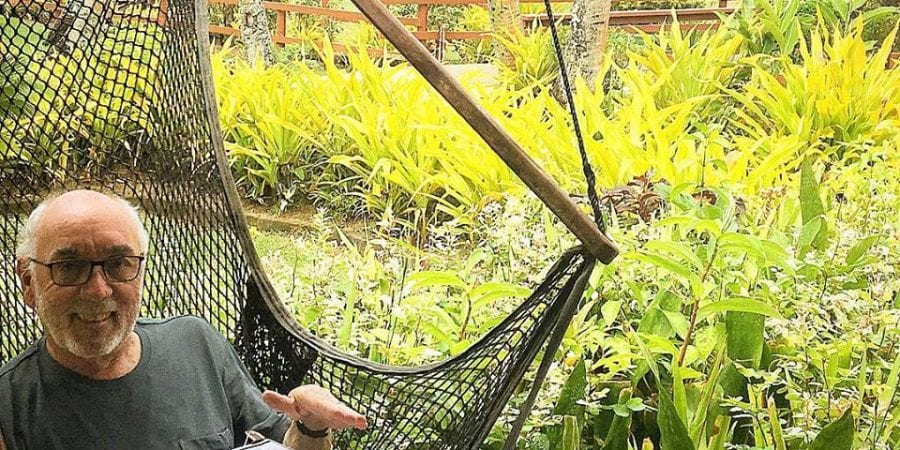Have you ever had a glass of wine on an aeroplane?
You might have noticed that wine tastes very differently at altitude than it does down on dry land.
But why?
The combination of lower pressure and lower humidity inside an airplane cabin accentuates wine’s acidity and alcohol.
A refreshing wine at sea level suddenly tastes a bit “off” when sipped in the air.
Before we blame the airline (or the winemakers!), let’s looks at what happens in our bodies…
Altitude and how it affects our taste buds
Flying, even short distances, can wreak havoc on our bodies.
From dehydration to exhaustion, and even inner-ear swelling. Flying changes many body mechanics, so it’s natural to assume it changes our sense of taste too.
When we fly, our bodies (including our taste buds) adapt to the atmospheric pressure surrounding us.
Our sense of taste decreases by about 30% when we are at higher altitudes. It’s the same reason airline food is notorious for tasting so awful.
Contrary to how you may feel when dining on airplane food, the airline is not intentionally serving you a bland meal. Rather, the combination of cabin dryness and lower pressure diminishes taste bud sensitivity to sweet and salty foods. In fact, airlines add so much more salt and sugar to their meals in an attempt to make them taste the same as they would on the ground.
But the problem isn’t limited to our taste buds. Nearly 80% of what we think of our “taste” experience is actually smell.
Evaporating nasal mucus (delightful!) is key to our sense of smell. It’s one of the main reasons why foods and drinks often lose their taste when we have a cold. The dry cabin air makes it harder for our nasal passageways to pick up the smell of our food.
There is also evidence to suggest that the constant hum of the engine impacts our taste buds. It turns out that the 80-85 decibels of the engine noise while flying negatively impacts our ability to taste sweet and salty, but seems to enhance the taste of umami (savoury).
Taking all of this into consideration, it’s no wonder that foods – and wines – aren’t nearly as enjoyable up in the air as they are on the ground.
Loving our blog? Sign up for weekly updates straight to your inbox…
Best wines for airplanes
Airlines combat our changing taste buds by pumping up the seasonings they use in foods, kicking meals up a notch with extra spices and bolder flavours.
The same approach can work well for wine too. Since altitude dulls a wine’s aroma and our olfactory appreciation capabilities, softer fruit flavours and citrus notes are reduced. Younger wines with more pronounced tannins may also seem “harder”.
Qantas has been recognized multiple times by the “Cellars in the Sky” awards for having the best collection of airline wine.
The airline’s wine panel meets several times a year to taste hundreds of different wines and ensure Qantas’ selection meets stringent criteria. Even if you’re not flying first class on Qantas, you can still enjoy fine wines on your flight, as long as you choose wisely.
Keep the following in mind:
- Choose bigger styles on planes: Subtle styles will lose too much of their body at altitude.
- Watch out for acidity: Choose wines like a Shiraz, Merlot, Chardonnay or Viognier that are bigger, riper and more expressive but with lower acidity levels.
- Skip the bubbly: the overall aroma will lessen and become softer with altitude.
How to make food and wine taste better at altitude
Other that’s what’s already being done for you and choosing more appropriate wine styles, try some noise cancelling headphones. They’ll help to cancel out the sound of the engine.
Then pick some music you really enjoy, because according to science listening to music you like can make food and drinks taste better!
Happy travels!

It’s why I stick to lager on flights. Getting a decent Fumé is impossible!
Unless you sneak a Somerled in your carry on! But I’d hazzard a guess that even ours wouldn’t taste any good at 35,000 feet.